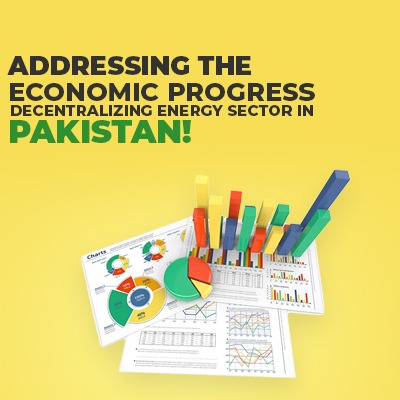
NATIONAL
The Planning Commission's initiative targets addressing Pakistan's energy issues.
The Planning Commission has developed a long-term integrated energy demand and supply model utilizing the Long-Range Energy Alternatives Planning (LEAP) framework, addressing the gap in comprehensive energy planning at the national level. This approach emphasizes the need for strategic planning and direction for energy-related departments over periods ranging from five to 15 years. Muhammad Nauman Hafeez Khan, an energy policy research analyst at the Ministry of Planning, Development, and Special Initiatives, highlighted the Commission's efforts to confront the energy issues facing Pakistan.
Khan pointed out that the genesis of the integrated energy planning framework was the absence of a dedicated entity for holistic energy planning at the national scale. "The framework's objective is to facilitate long-term strategic planning and issue directives to energy-centric departments," he explained. He noted the ongoing development of several long-term initiatives within the power sector, particularly the Integrated Generation Capacity Expansion Plan (IGCEP), a collaboration between the National Electric Power Regulatory Authority and the National Transmission and Despatch Company, based on a robust modeling framework.
Khan elucidated that the LEAP model predicts energy demand and consumption across various sectors for the upcoming decade, taking into account GDP growth among other factors. "It projects national energy needs and usage from 2030 to 2035, considering various variables and environmental impacts, thereby offering insights into carbon emissions to understand their sources and extents."
"Following the creation of our foundational model through a top-down approach, we engaged with other stakeholders in a national consultative workshop. This meeting focused on policy recommendations and inquiries aligned with our model's results," he continued. Based on the feedback received during the workshop, the model was refined, and a report is now being prepared for publication, which will detail the model’s findings and suggest further recommendations for the energy sector aimed at achieving national energy consumption and demand targets.
"Moving forward, we'll enter the model's second phase using a bottom-up approach, contrasting with the initial overview provided by the top-down method. This approach delves into consumption details at the device level within households, industries, and transportation sectors, enabling more precise insights and stronger recommendations," Khan detailed. However, he acknowledged the complexity of the energy sector, noting that altering a single variable doesn't lead to significant transformations across the sector or guide it uniformly in any direction. "We need to move from fragmented to integrated policies through stakeholder engagement, paving the way for cohesive strategies and potentially innovative market models in Pakistan, thus enhancing energy sector outcomes," he asserted.
Khan also mentioned fiscal challenges in the energy sector, including gas shortages and circular debt in the power sector, amounting to a staggering Rs5.7 trillion. "Addressing circular debt requires efficient management practices. This kind of integrated planning is unprecedented, and we are optimistic about its future impact," he stated. "A major challenge in the energy sector is maintaining policy consistency over time. Despite policy development and implementation, political instability often leads to disruptions. Ensuring policy continuity is crucial for achieving stability and sustainability in the energy sector," he concluded.
